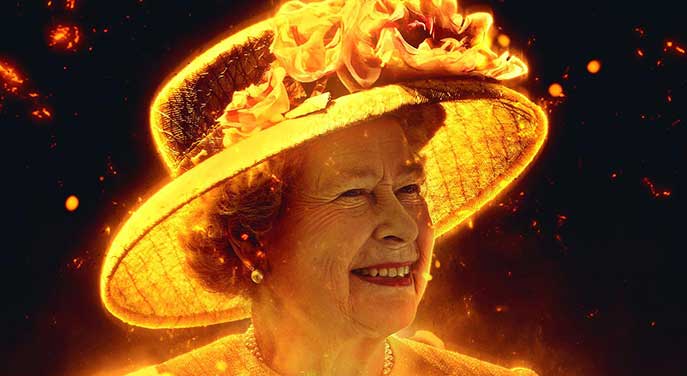
Canada joined the British Commonwealth as an independent state over 80 years ago. The London Declaration was the main driving force behind the modern Commonwealth and was originally formed in 1949. Canada has not only been a key member of the Commonwealth, but they have also enriched the Commonwealth and the United Kingdom.
Despite the United Kingdom and Canada being over 3,000 miles apart, there are a lot of similarities in both cultures. Firstly, English is still a widely spoken language on Canadian soil, and many cultural icons in Canada are based in or from the United Kingdom.
Musical artists such as Pink Floyd, The Beatles, Led Zeppelin and Adele are some of the biggest selling artists in Canada. In addition to music, a number of sports have crossed over from the UK to Canada, such as soccer. Soccer is one of Canada’s most widely played games, with an estimated 2.7 million people playing it regularly.
When there’s such a huge market and appetite for a particular sport, this also creates bigger markets that may otherwise have not existed. For instance, the surge in popularity in soccer has caused many Canadians to watch the English Premier League and the top leagues in Europe. Naturally, this creates gambling markets that people can get involved with. Thousands of Canadians enjoy Canada sports betting, and it doesn’t look like the market will slow down anytime soon.
Canada is one of the most significant members of the Commonwealth. In total, there are 56 countries that make up the Commonwealth, on every continent, except for Antarctica. There are:
- Exactly 21 countries in Africa, making it the largest continent in terms of Commonwealth countries.
- 13 countries situated across the Caribbean and North America.
- 11 smaller countries based in the Pacific Islands.
- A total of eight countries in Asia and three in Europe.
The countries include Canada, the Bahamas, Jamaica, Ghana, Nigeria, South Africa, India, Australia and New Zealand. The smallest country in the Commonwealth is Nauru, based in the Pacific Islands, with a population of around 10,000. India is the biggest, with a population of over 1.3 billion. In total, there are 2.5 billion people estimated to be living in the Commonwealth.
Plenty of these countries had a special connection with Queen Elizabeth II. None more so than Canada, she visited Canada more than any other nation within the Commonwealth, and during her 70-year reign, she met 22 Canadian Prime Ministers. The death of Queen Elizabeth II saddened many people in Canada, and her death has raised bigger questions about whether the monarchy should be scaled down. This will be the topic of discussion for many Canadians.
King Charles may not have the same connection with Canadians as Queen Elizabeth II. For many people, she was the only Queen they will remember, and the lack of a personal connection may impact Canada in a number of ways. That’s not to say King Charles dislikes Canada or Canadians don’t want him as their monarch, but the monarchial shift may result in some unexpected changes.
A recent poll of Canadians highlighted that while many were fond of the Queen, they were not as fond of the monarchy as a whole. Now that the Queen has passed away, some Canadians will be looking to distance themselves from the concept of a monarchy. Again, this isn’t through personal dislike of King Charles but more about forging a new Canadian identity and questioning the role of a royal family in an advanced 21st century society.
New Zealand’s Prime Minister Jacinda Ardern recently stated that she could see her country becoming a republic, probably in her lifetime. However, she also stated that she has more pressing issues to deal with. The fact that this conversation is on the table shows how much the monarchial shift is affecting other nations, and Canada could easily follow suit. That’s not to say this will happen anytime soon, but this seismic shift could slowly begin to have an impact on Canadians.
Many of us have only ever known Queen Elizabeth II as the head of the royal family. Her passing has led to great mourning in the United Kingdom. Still, it will result in difficult questions about how relevant or important the monarchy is in modern-day Canada. As nobody has had to deal with the passing of a monarch in the whole timeline of the Commonwealth, it will be interesting to see how this shapes Canada and other countries within the Commonwealth moving forward.
This content is a joint venture between our publication and our partner. We do not endorse any product or service in the article.
